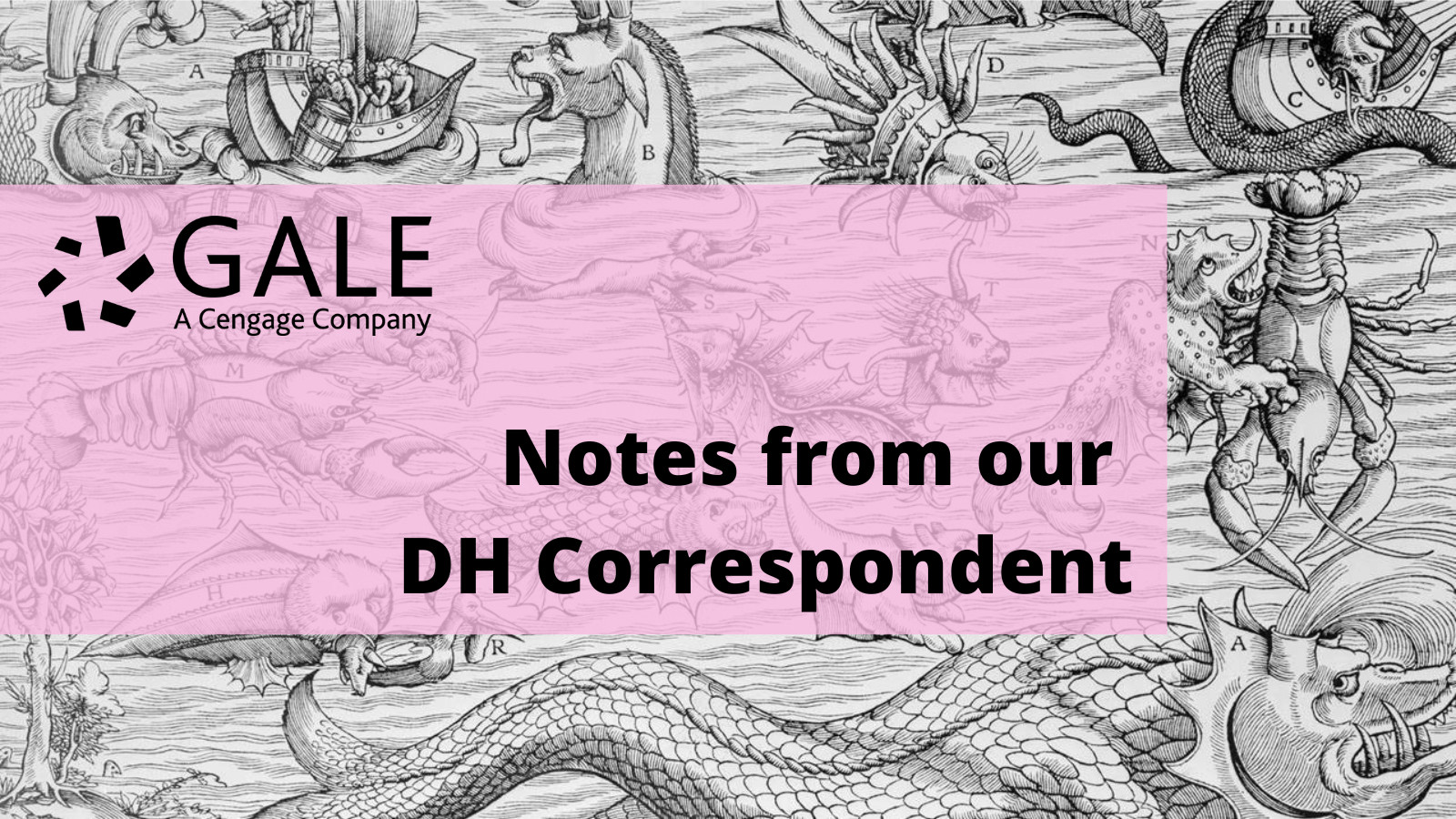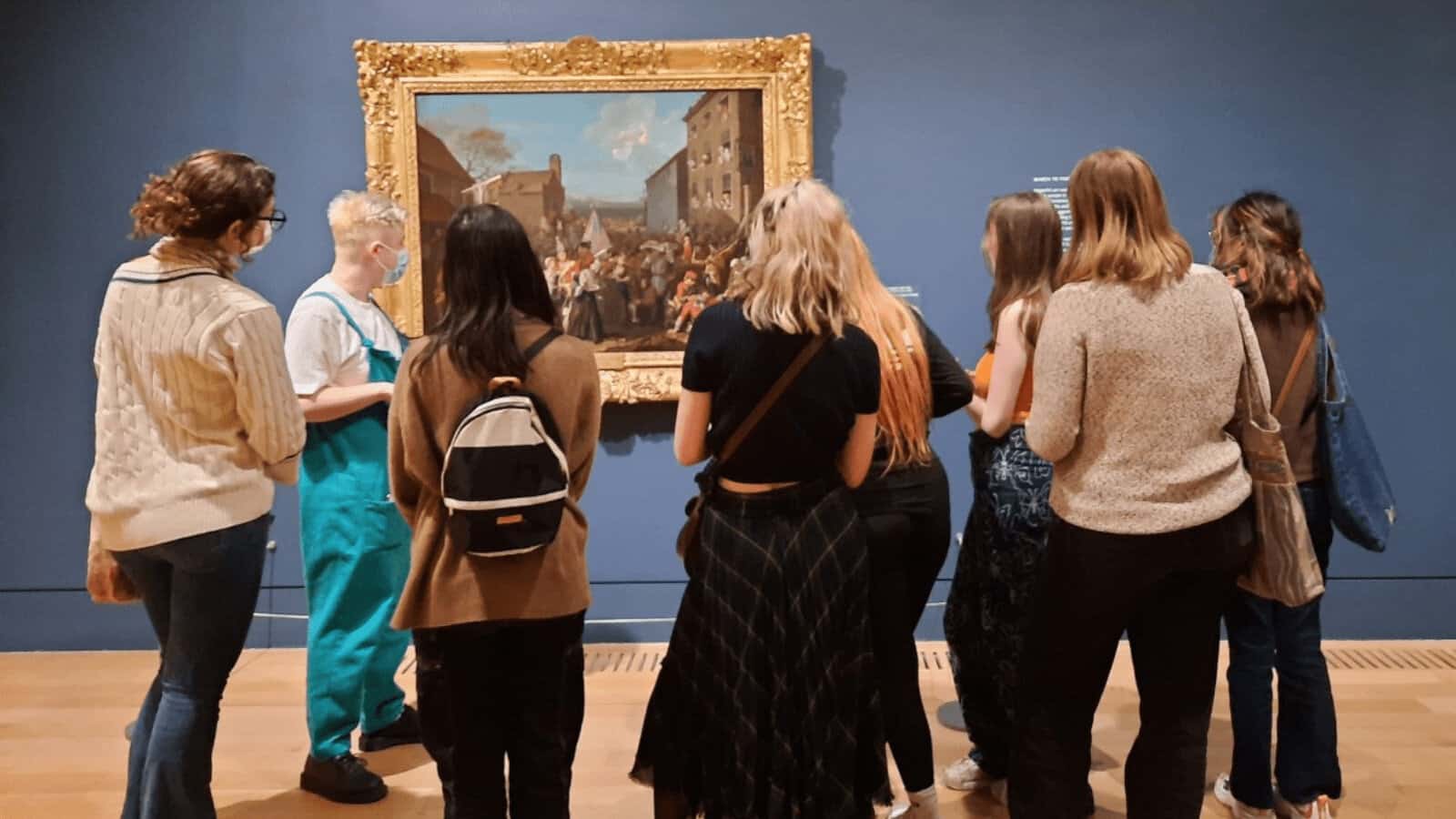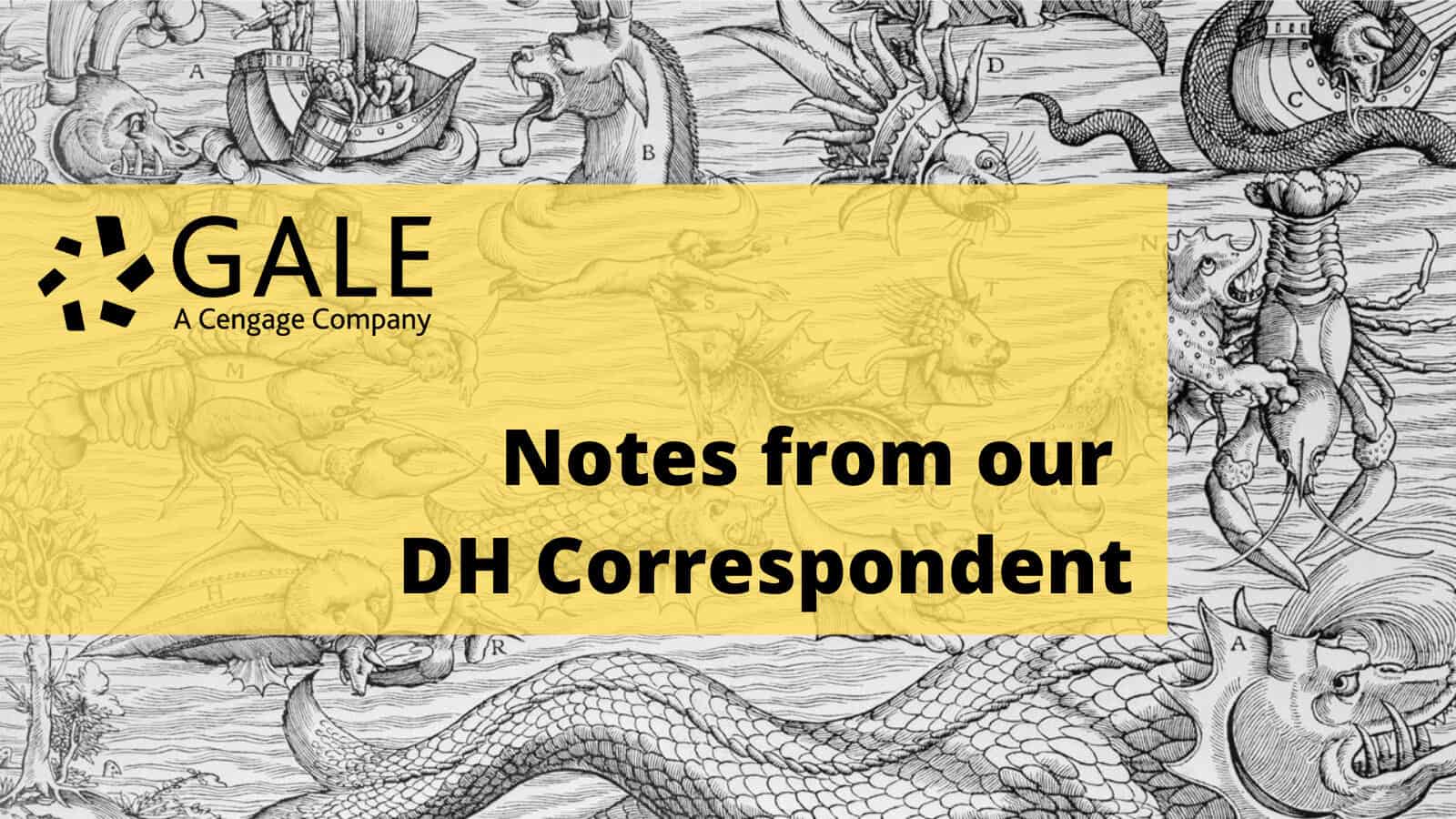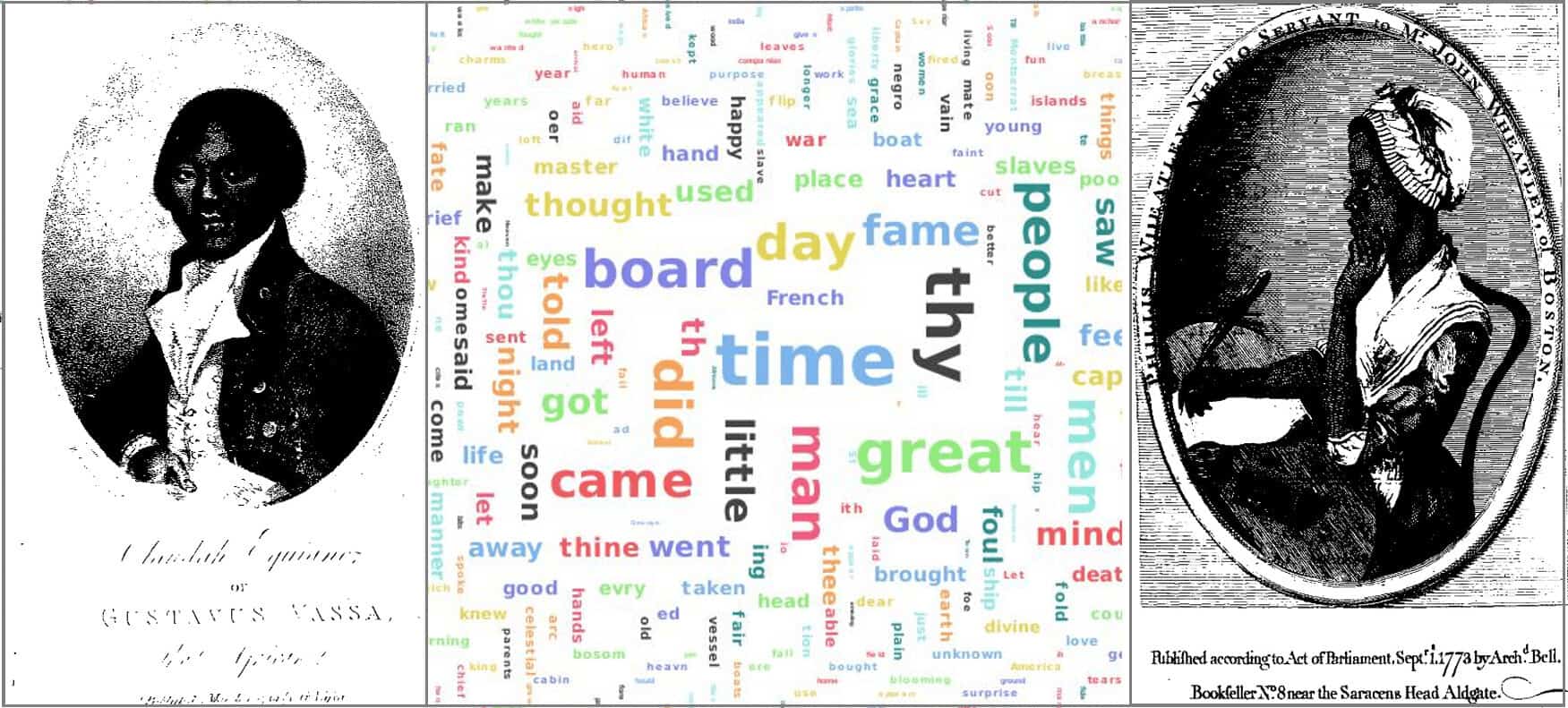│By Dr. Sarah L. Ketchley, Senior Digital Humanities Specialist│
The Department of Middle Eastern Languages and Cultures (MELC) at the University of Washington has a history of supporting work in Digital Humanities (DH) dating back to the 1980s. More recently, the department has offered regular introductory classes in DH, which I have taught since 2015. These are usually topical in nature, i.e., the data we work with in class is related to a particular Middle Eastern theme, often related to travel or archaeology in Egypt, which is my area of research interest. This Spring Quarter 2022, my undergraduates and graduates participated in a class called ‘Digital Media – King Tut and Digital Humanities’ to learn about the theory and processes of building DH projects based on data related to the discovery of Tutankhamun’s tomb in 1922, one hundred years ago.







